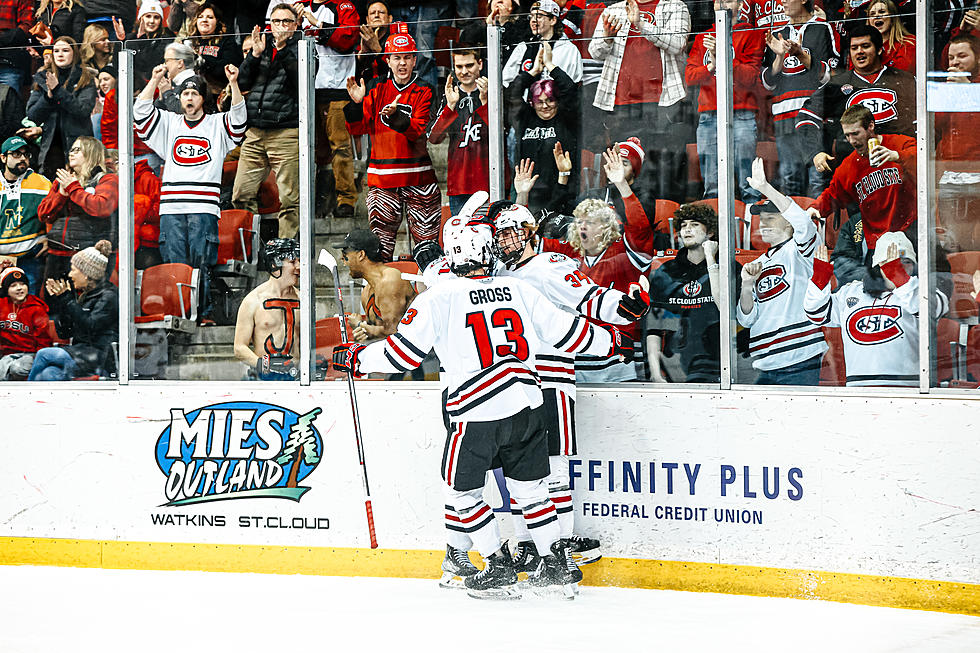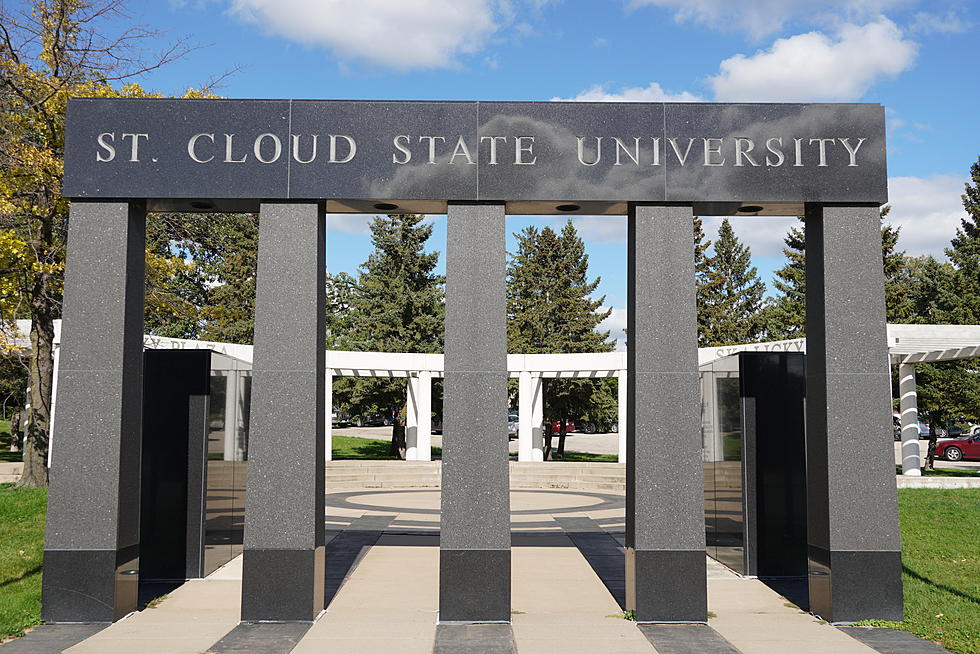
Fall SCSU Film Class to Focus on New TV ‘Golden Age’
ST. CLOUD -- Have you noticed how good TV is these days? A new St. Cloud State University class offered this fall will discuss how the small screen has overtaken the big screen as the go-to for visual storytelling.
TV is the New Cinema will examine television's evolution since the turn of the millennium, making the case that TV shows are offering more compelling stories now than ever before.
Film professor Brad Chisholm says groundbreaking shows like The Sopranos, The Wire, and Breaking Bad have created what he calls the "new golden age of television."
"I've been paying close attention for years watching this phenomenon evolve," Chisholm says. "It really changed around 1999-2000, the roles became reversed -- where writers currently are flocking to write for television series and not so much for feature films."
"I never thought I'd live to see that day -- I'm honestly so stunned by it that I had to create a course around it."
Chisholm says writers are opting for television series because it allows them to take more time to develop their characters and story, which makes for a more fulfilling viewing experience for the audience.
"Lately, whenever I watch a feature film, two hours doesn't seem long enough to get to know anybody in any kind of depth," Chisholm says. "So if you want the character to be rich and three-dimensional, long-form television seems to be the way to go."
The higher quality of stories seen on television coupled with technological advances like DVR and video streaming contributed to what Chisholm calls a cultural phenomenon of binge-viewing.
"The old days of waiting a whole seven days for the next episode -- who could stand it? It's so much easier now to follow and commit to a series than it ever used to be."
"As a result, writers are writing plots that are so complex that if you don't watch the next episode in a short time, you won't remember all the complicated plot strands a week [later] because there's so much they can pack in."
The course will start this upcoming fall semester and students do not have to be film majors to enroll. The class will meet once a week to discuss a different series and the historical impact it had for television.
"We're really only going to scratch the surface," Chisholm says. "I've only got 15 weeks in a semester, there's so much I'm going to have to leave out but it will still be a fun experience."
More From AM 1240 WJON









